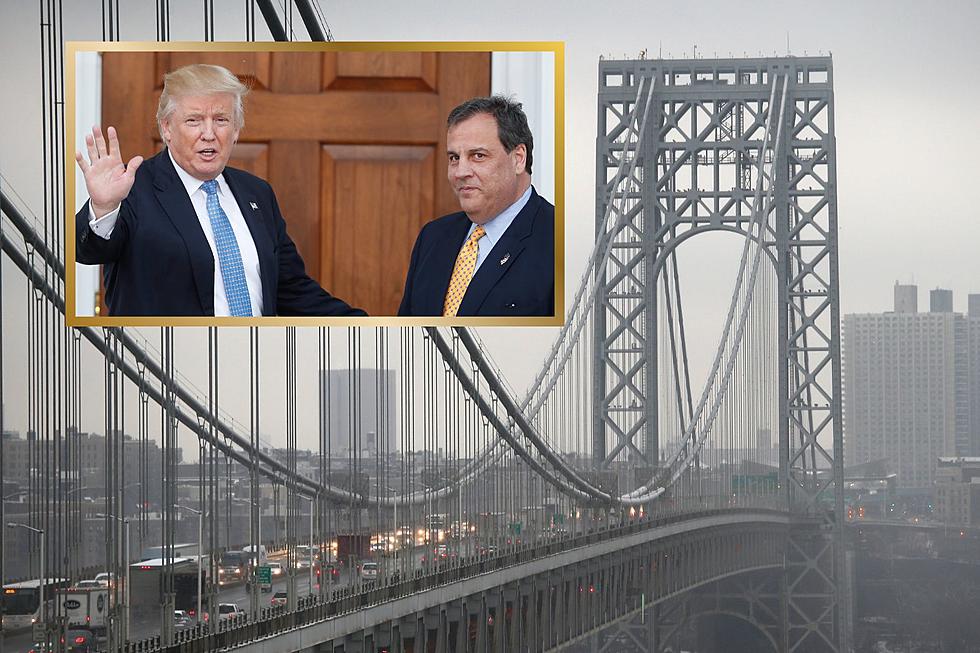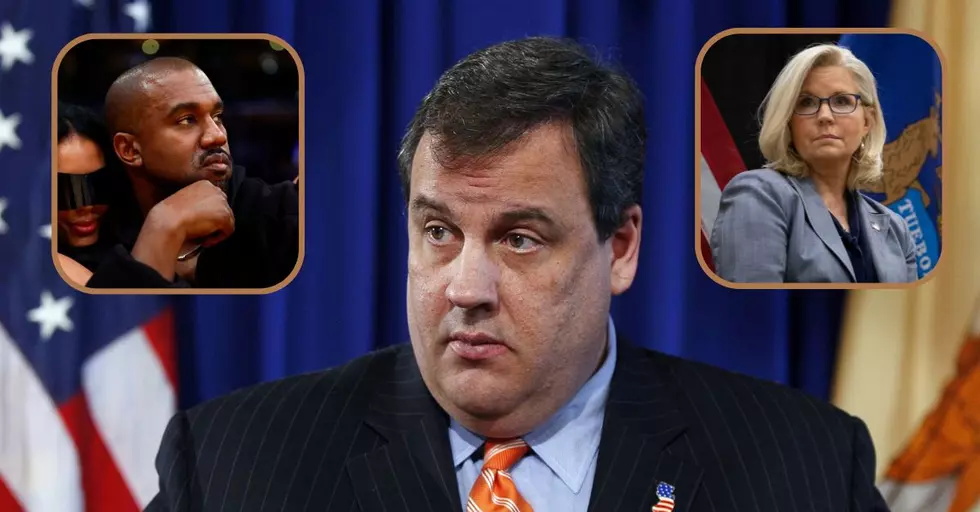
Here are all the fees Christie wants to hike in order to raise $20M
Gov. Chris Christie is proposing to increase and expand fees by more than $20 million to support the budget of the state Department of Law and Public Safety.
A 90-cent monthly fee already charged on landline and cellular phones would be extended to prepaid cell phones, generating $13 million.
An additional $1 would be added on all motor vehicles fines.
Applicants for positions that require background checks would pay $15 more in fingerprinting fees.
And there's more.
Democrats, long the subject of derision from Christie for tax and fee hikes approved in the eight years before Christie took office, took the opportunity at a budget hearing Wednesday to needle Attorney General Christopher Porrino about the fingerprinting fee.
“I didn’t know that we were increasing fees in this budget. I thought that we had sworn that pledge,” said Assemblyman Gary Schaer, D-Passaic.
If we’re going to tax our residents, we should tax them honestly.
The budget counts on $3.643 million in additional revenue to the Division of State Police from fingerprinting fees for some noncriminal background checks, for jobs such as teachers. The fee would climb from $30 to $45.
“And that’s from the administration, requesting the Legislature for a fee increase,” Schaer said. “It’s a small victory. Mr. Attorney General, but I’ll take it."
The other proposed fee increases got only scarce to no attention at the hearing.
Criminal-justice reforms increased the workload at New Jersey’s DNA forensics labs, so Christie wants lawmakers to add another $1 to an existing $2 surcharge on motor vehicle fines. That would generate $3.7 million and help the state hire 40 additional scientists.
The budget also counts on $13 million in additional revenue by applying an existing fee on monthly phone bills, charged ostensibly to upgrade 9-1-1 emergency response systems, to prepaid cell phones.
But lawmakers said it’s unclear the existing money is being spent in accordance with federal law.
Assemblywoman Elizabeth Muoio, D-Mercer, said a December report to Congress by the Federal Communications Commission finds New Jersey is one of eight states diverting 9-1-1 funds. No penalties have been assessed against the states.
Almost 90 percent of the approximately $122 million in existing annual collections is used to partially offset emergency response expenses, such as State Police operations, the Office of Homeland Security and Preparedness and support services for the National Guard.
“I just hope that we’re not ignoring that priority in an attempt to plug other holes in the budget,” Muoio said.
Assemblyman John Burzichelli, D-Gloucester, said he has similar concerns about the way funds from a fee on electric bills are being diverted.
“If we’re going to tax our residents, we should tax them honestly. If this money’s not going to be used for what it’s absolutely intended for, we should not be collecting it,” Burzichelli said.
New Jersey: Decoded cuts through the cruft and gets to what matters in New Jersey news and politics. Follow on Facebook and Twitter.
Michael Symons is State House bureau chief for New Jersey 101.5 and the editor of New Jersey: Decoded. Follow @NJDecoded on Twitter and Facebook. Contact him at michael.symons@townsquaremedia.com
More From 92.7 WOBM










